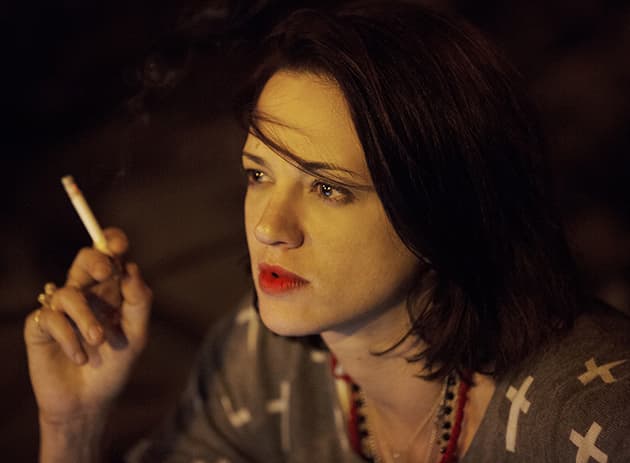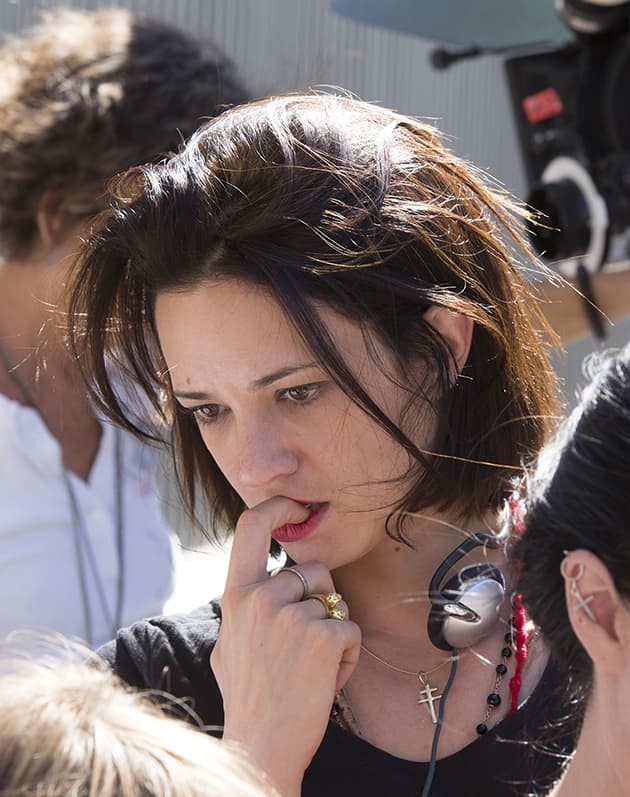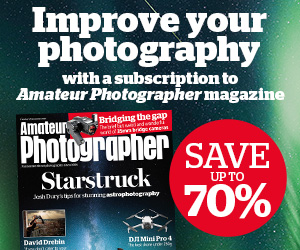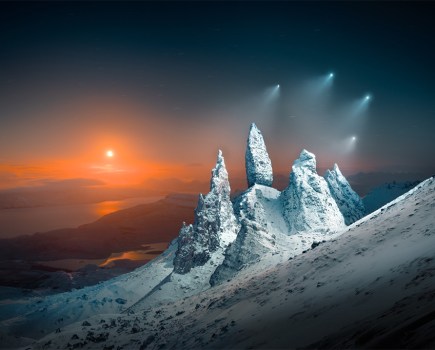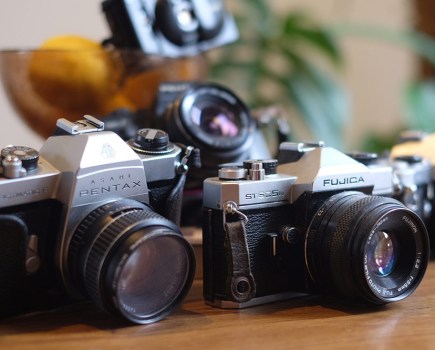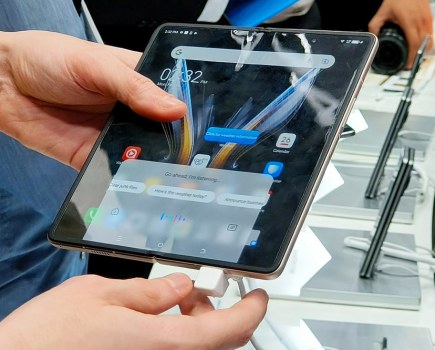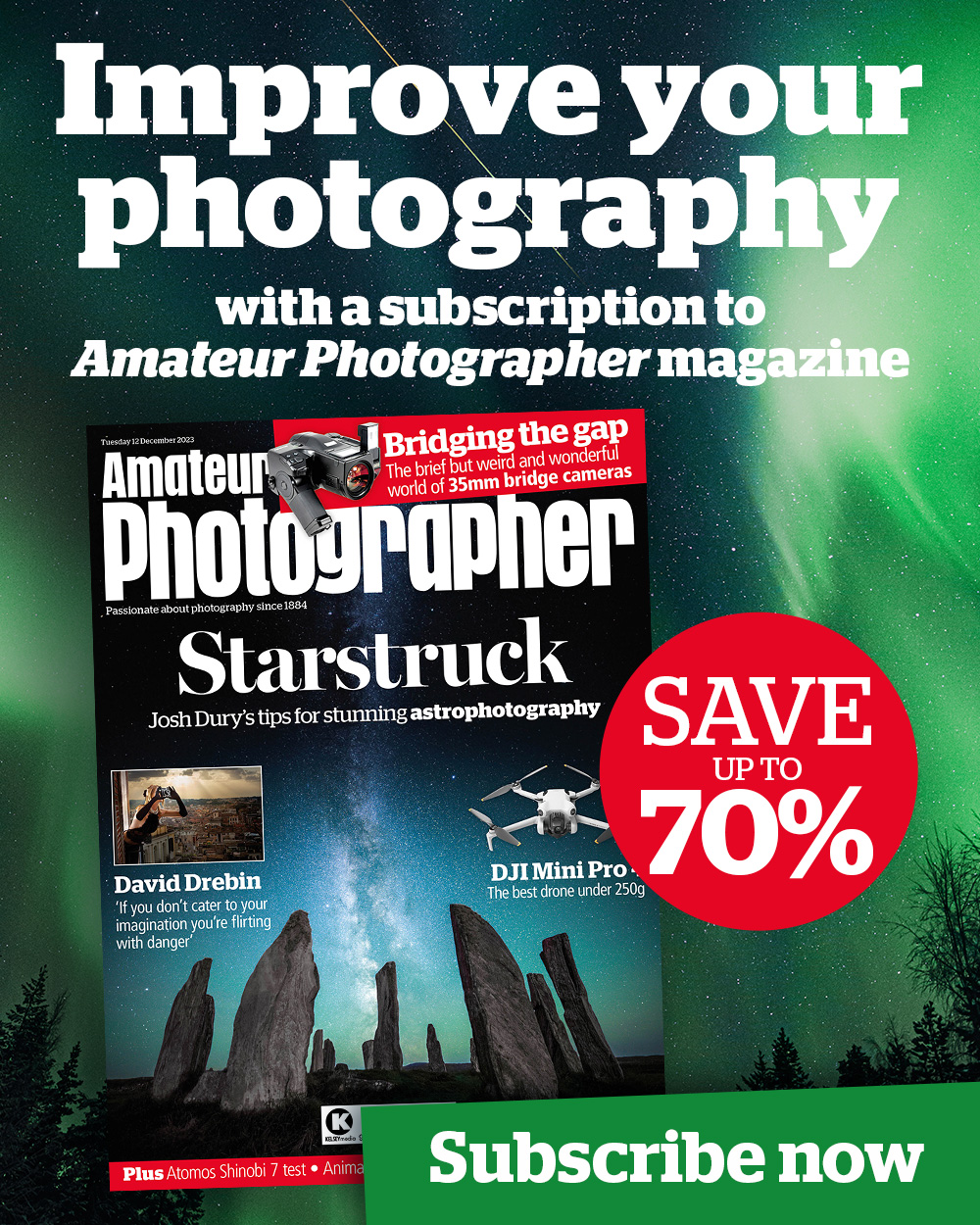The contest is part of the Nikon European Film Festival, which urges filmmakers to create a video, up to 140 seconds in length, on the theme ‘A Different Perspective’.
Dirk Jasper, manager of professional products at Nikon Europe, said he hopes this year’s festival will inspire Nikon fans everywhere to ‘shoot more video’.
He added: ‘The Nikon European Film Festival is a great opportunity for budding and professional filmmakers to show off their talents.’
Italian film director Asia Argento has been chosen to chair this year’s Nikon European Film Festival judging panel.
She said: ‘Modern technology has opened up filmmaking to more people than ever before and Nikon, inspiring established and breakthrough talents alike, is an increasingly influential part of this development.’
The Grand Prix winner will bag a Nikon D810 DSLR and an all-expenses paid trip to next year’s Cannes Film Festival.
Amateur Photographer (AP) caught up with Asia Argento, who quit her 30-year acting career around a year ago, for a phone interview earlier today.
INTERVIEW WITH ASIA ARGENTO
AP How excited are you to be judging the Nikon Film Festival?
It’s very exciting. I usually don’t do juries. I’ve been part of the jury for the Cannes Film Festival and that was great because you get to see the best movies of the year.
But in the past when I was on the [Cannes] jury, it was sometimes hard because you have to watch every movie. The movies are long and you can’t walk out. I love the fact that [at the Nikon Film Festival] movies are limited to 140 seconds, and I like the story-telling format.
How does being an actress help with the directing side?
I was pretty done [with acting] towards the end. I started writing, as a child, even before I became an actress. This is really what I wanted, and was born to do.
But [acting] was very useful to me as a director because, what I’ve learned most is that actors have tricks they use to impress a director and the audience.
So, sometimes when working with actors I like to trick them into a zone where they are not absolutely confident and might make mistakes. For me, as a filmmaker, imperfections are much more fascinating than the idea of perfection, especially in acting.
I look for something real. It’s about what moves me the most, so I’ve learned also how to involve actors. Normally, not a lot was required from me as an actress. It can be such a fascinating experience – to bring more to the table.
How do you involve the actors exactly?
I give them research to do on the characters. I change their lines, always at the last minute, so they get confused and angry and out of their comfort zone. I like a lot of improvisation, given the structure of the scene, which has to be respected, and the story I am trying to tell.
I always shoot with two cameras. I’m very moved when actors surprise me. When I see actors repeating the same take over and over I get bored and I want to change…
What cameras do you tend to prefer using?
I’ve used all sorts of camera… the first short movie I directed in ’94 was with a 35mm and then the first long feature was the first digital movie I ever shot in Italy. I’ve used all sorts of digital cameras, but for the last two movies I used Super 16 [film] because it was the kind of look that I wanted to achieve… the last one [Misunderstood] especially. It was set in 1984, so I was aiming for a very particular look and found it would be less costly for me to shoot it like that because I wouldn’t have to spend too much time in the colour correction room trying to make it look like a Polaroid. Super 16 already has that grain.
What are the benefits of a smaller, more portable camera for some elements of movie-making?
It’s unbelievable. The big benefit of smaller cameras is for [capturing] ‘intimacy’ because they are not as intrusive, so actors kind of forget that the camera is there and they really bring out so much more reality. Also the body of the camera is smaller so you can move a lot quicker. You don’t need so many lights…. It’s amazing for young filmmakers, depending on the story that you have to tell.
Think of directors like [John] Cassavetes. Think what a guy like that, with great story-telling, could have done with digital. Maybe he would have done more movies. He could own a camera and shoot whenever he wanted.
Would you consider using a DSLR yourself for future movies?
Yes, absolutely, depending on the story-telling. Sometimes, you cannot avoid using a digital camera. It’s a great advantage. Thank God that we have both film and digital nowadays, and it’s great to even mix the two.
Presumably, the wide range of lenses available for Nikon and Canon systems is also a help?
Yes… you can achieve a film look by using a very long lens… for close-ups and far away… a beautiful depth of field. You have the possibility of swapping lenses.
Do you think video-equipped DSLRs will lead to a greater pool of filmmaking talent in future?
I sure hope so. But I think the bottom line is that a great filmmaker needs a great story. Whether it’s 140 seconds long, 90 minutes, or three hours, and they have already done 80% of the work. They have to start with a story. Then all the aesthetics, the actors, come afterwards.
What you need to [get across] is your point of view and to know what you are doing. I sometimes think directors see themselves as a director because it’s a good thing to say, ‘I’m a director’. It’s a different story to actually make movies…
What advice do you have for people starting out in filmmaking?
It’s very important to study composition, for instance, as well as the great photographers and painters, and study art from the past. And go to museums and study paintings – where the light is coming from, how it touches objects and people. Filmmakers have to know a bit of everything. They have to know about music, about acting, photography and even fashion and architecture for that matter, for art direction.
Do you try to use natural light as much as possible?
It depends on what I am trying to do, but yes. Sometimes the scenes are more dreamy so you need a different light. I don’t like my movies to look like a commercial.
What advice do you have for someone entering Nikon’s short movie competition?
For me, as a filmmaker, I wouldn’t like someone telling me what to do, especially at the creative stage of filmmaking. I want to be surprised.
Are you keen on stills photography?
Absolutely. I used to take photographs a lot about 10 years ago, using a Contax G2.
There is a history of photography in my family and I am very photography-driven.
My grandmother was a huge photographer during the Second World War. Before and after, she was a kind of Leni Riefenstahl of Italy. She photographed all the stars. Her and her brothers had this very particular look with very impressionistic lighting…
I have been inspired as a filmmaker more by certain photography than by certain movies, for sure.
Which photographers do you admire the most?
I love Boris Mikhailov, Nan Goldin – very realistic photography. I have worked with some of the world’s greatest photographers and love Cindy Sherman, so many…
What are you working on now?
I am promoting the hell out of my movie [Misunderstood] which is going to festivals all over the world. It’s going to be in London at Raindance, in Australia, Spain, Japan, Korea, Taiwan, Rio de Janeiro. I can’t get around them all… it’s a great opportunity for independent movies.
I’m already writing the new movie, but I won’t tell you about it… I’m the sort of person who does things, then talks about it.
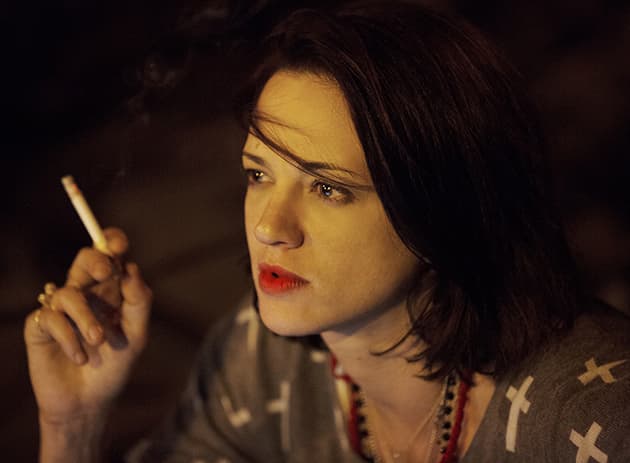
Film director Asia Argento, a former actress, will chair the Nikon European Film Festival judging panel
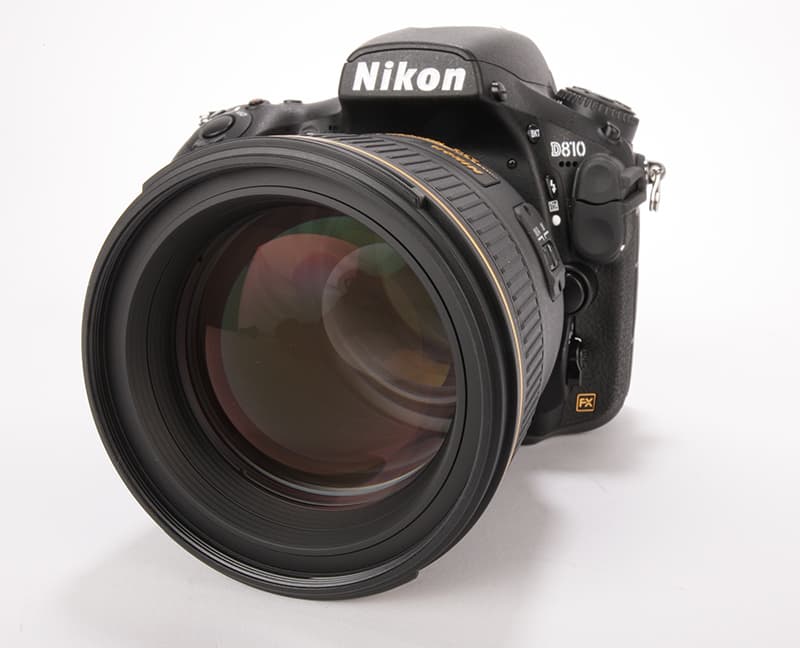
• The Nikon European Film Festival is backed by independent film festival organiser Raindance. Competition entries, which must be a maximum of 140secs long and entered in HD format, can be submitted from 1 October-3 December. Videos can be captured on any device. For details visit the Nikon Film Festival website.

